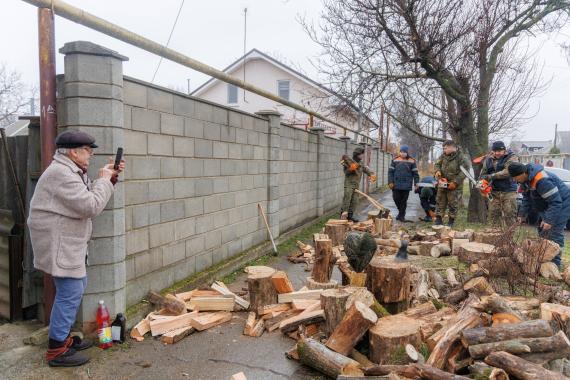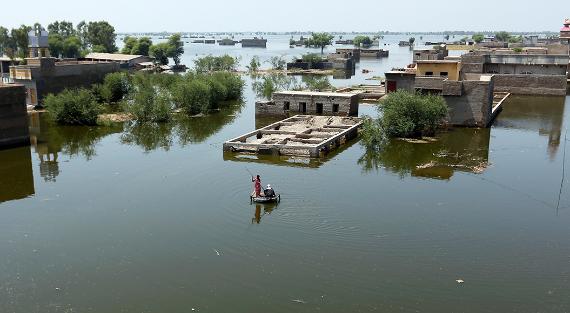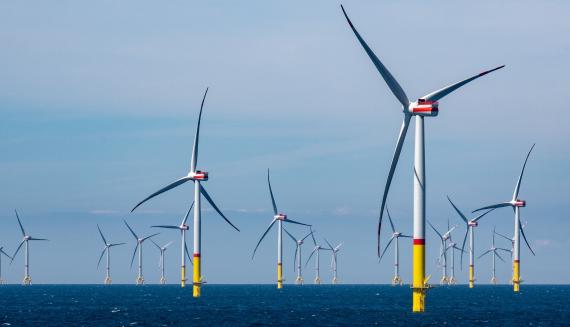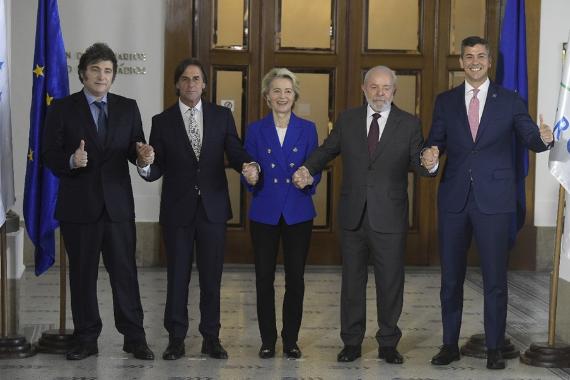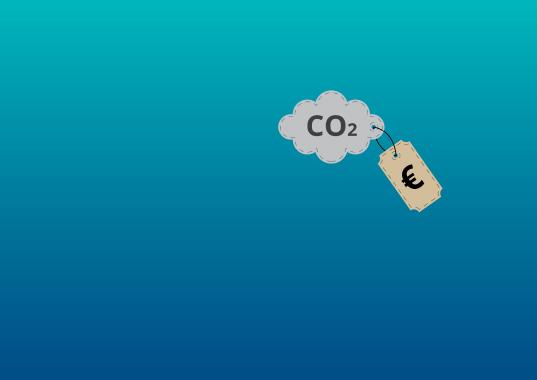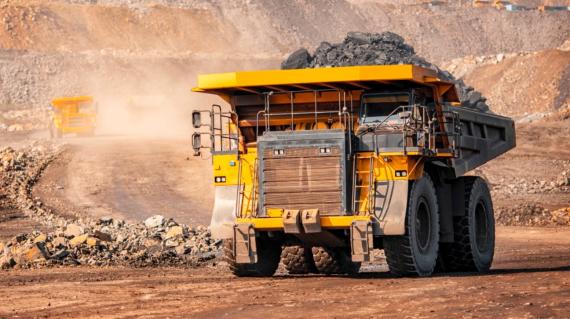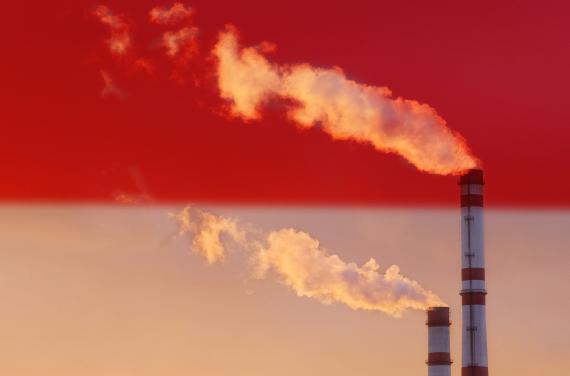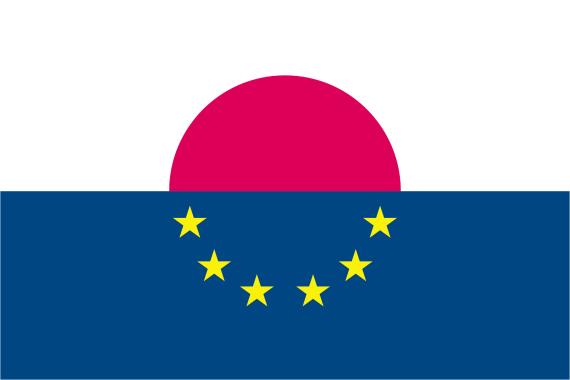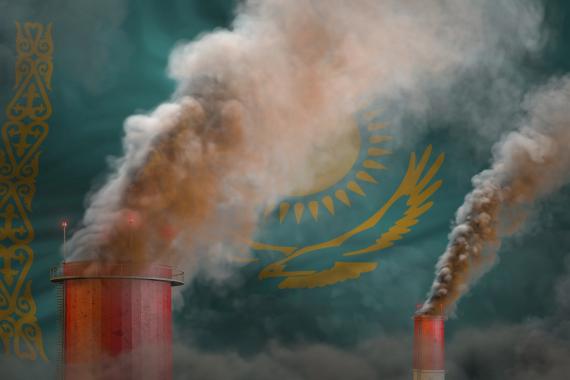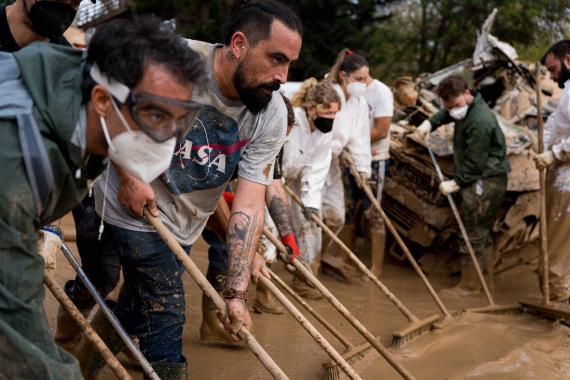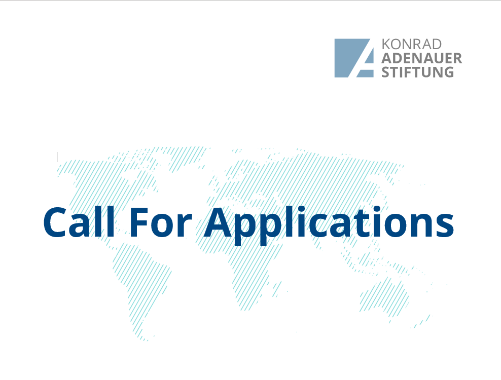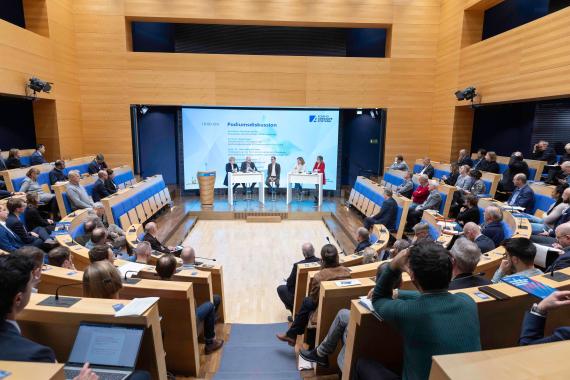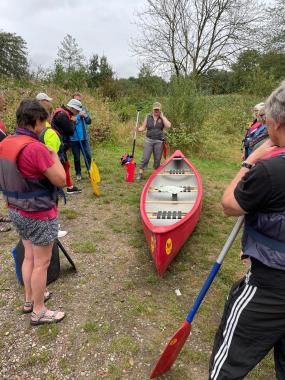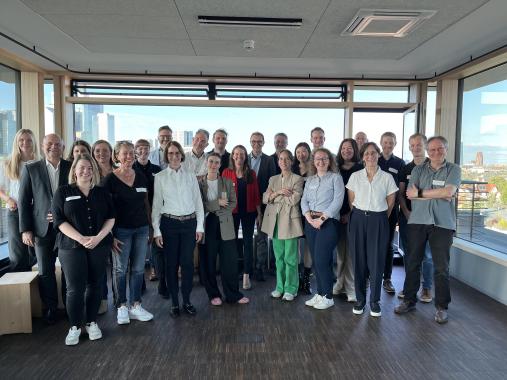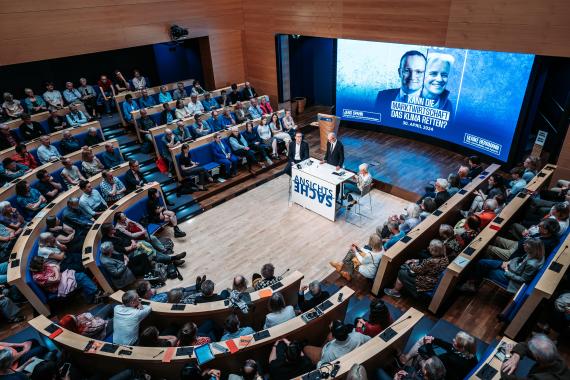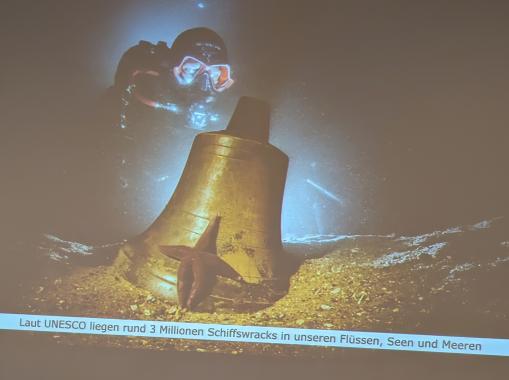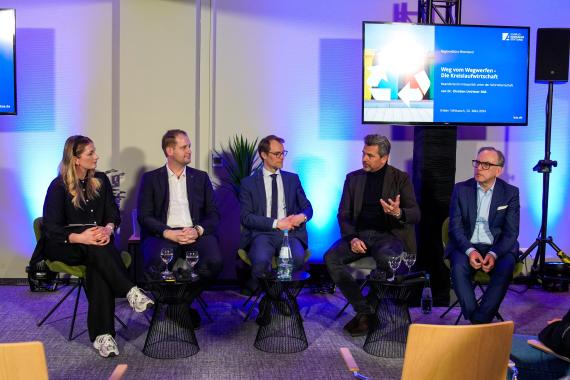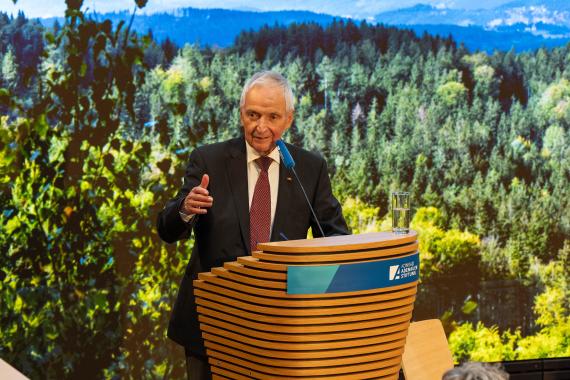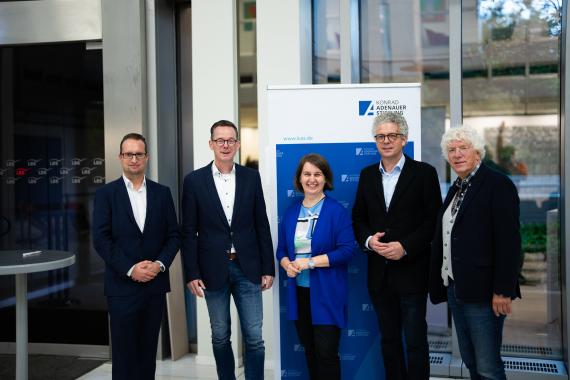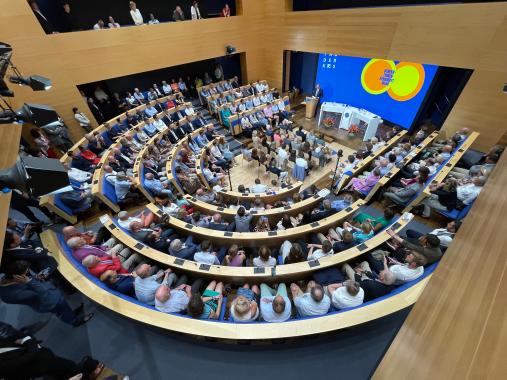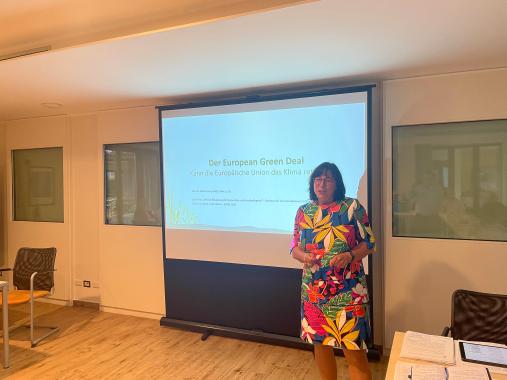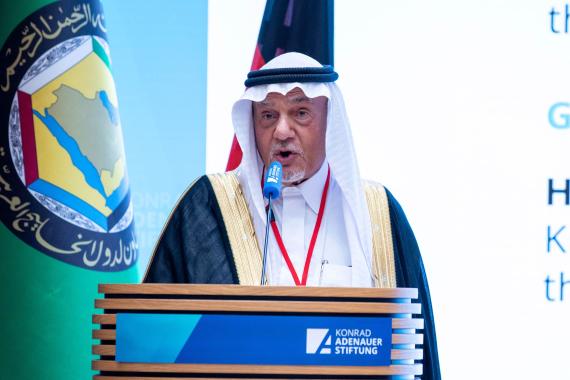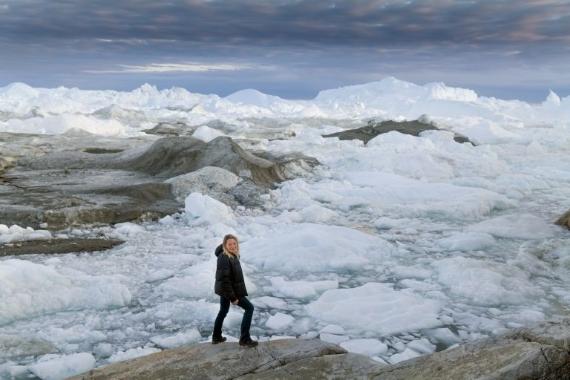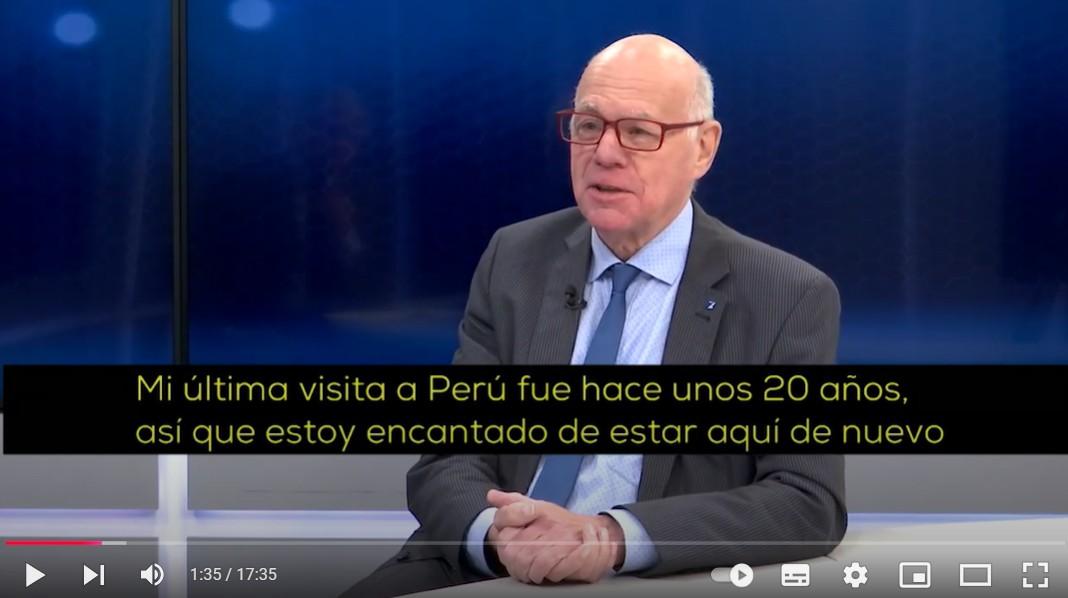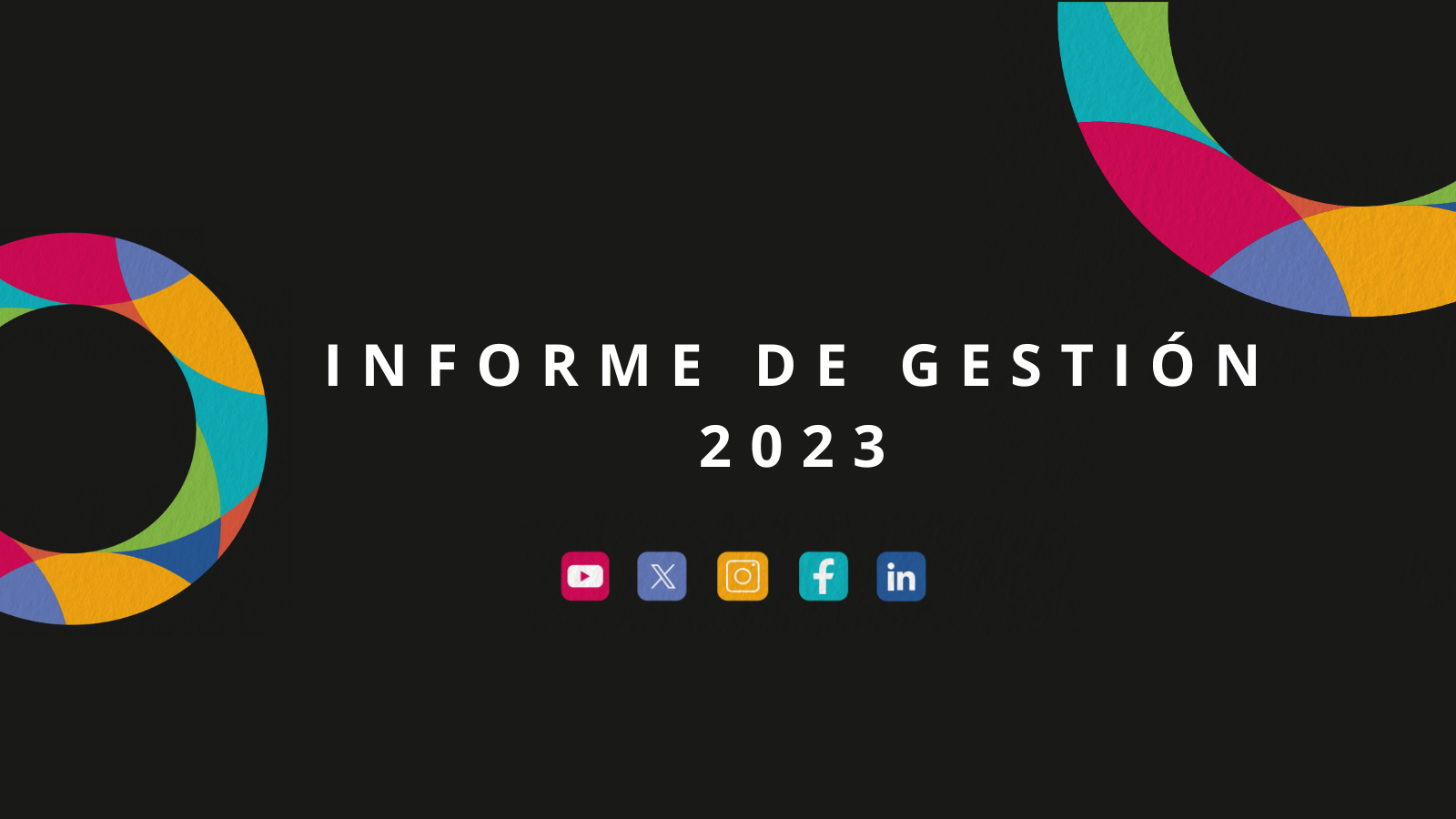We need a fresh start that is less focused on objective,s but more so on the determination of our actions.
At a glance
- Sustainability is the systemic balance of ecological, economic and social development. Advocating more sustainability therefore means one thing above all: taking responsibility for the future.
- Innovative technologies, processes and behavioural changes could be an important key to a more sustainable use of resources and our natural resources in future.
- It is necessary to bring about a transformation towards more sustainability at all political levels. This requires: the determination of priorities, the overcoming of implementation deficits and the building of trust in the state’s ability to manage this transformation.
- Sustainability is a key concern of the Konrad-Adenauer-Stiftung. However, it is important for us that ecological transformation is economically viable and oriented towards the realities of people’s lives.
Content
1. Sustainability means taking responsibility for the future
2. Resilience arises from preservation and renewal
3. With a wide range of offers for more sustainability
4. Our offers and projects on the topic
5. Publications, events and media contributions on the topic
Climate change, digitalisation and the Corona pandemic as key challenges of our time have confronted us with very basic questions once again: what do we build our future on? How must we live now in order for life on earth to remain worth living for future generations, and so that they can continue to shape it in the exercise of their fundamental rights?
Sustainability means taking responsibility for the future
The concept of sustainability is on everyone’s lips: in political debates, in science and research as with in demands from civil society, at national and international level. Sustainability always seems to be something worth striving for that is not yet sufficiently present. It is understood as a systemic balance between ecological, economic and social development, which interact in a complex way. Sustainability is a cross-cutting issue. Ultimately, it is about responsibility for the future.
Science needs to use transdisciplinary research to explore and explain connections, such as with regard to how human actions impact nature. Innovations – be it technologies, processes or behavioural changes – could be the key to a more careful use of the natural foundations of life.
Resilience arises from preservation and renewal
Future viability and resilience are also leitmotifs in the competition of political ideas on various levels – at federal, state and local levels, in the European house and in the global village. What decisions must be made today to preserve that which has been achieved, and to initiate desired developments and work towards resilience of nature, the economy and society against disruptions? Options for action need to be weighed up, priorities set and conflicting goals taken into account. For the most part, there is no lack of (scientific) knowledge, but rather it is about overcoming implementation deficits and building trust in the fact that the democratic constitutional state will master the fundamental change.
The necessary decarbonisation and targeted climate neutrality of the economy and society undoubtedly entail challenges. However, these challenges can be met through the expansion of renewable energies, the promotion of climate-neutral technologies, diversification of energy imports, measures for higher energy efficiency as well as through closed product cycles and recycling. In agriculture, the production of food needs to be considered in the context of species and climate protection. Mobility needs to reconceptualised in many respects, taking the concerns of urban and rural spaces equally into account, and linking them via innovative and sustainable approaches.
Russia’s war in Ukraine is increasing tasks and reinforcing conflicting goals: on the one hand, how can the security of energy supply be ensured, for which we are still dependent on fossil fuels, such as from Russia, due to insufficient coverage of demand through renewable energies, without further endangering the achievement of climate protection goals on the other, while the impact of climate change is manifested worldwide it all its urgency?
With a wide range of offers for more sustainability
These questions are also of utmost importance for the Konrad-Adenauer-Stiftung’s work in Germany and abroad. With events, studies, and analyses, we accompany the political and social discussion on current issues and provide platforms for interdisciplinary exchange of experiences in Germany, Europe and in the countries of the Global South.
Hence, for us, this topic presents not only a regulatory challenge, but is also a key concern as regards preserving creation and protecting human rights throughout the world. In our view, sustainable development is a prerequisite for prosperity and a principle of the social market economy.
For us, it is important that the shift to greater sustainability is economically viable and oriented towards people’s everyday lives; only this way can it be accepted by them. In conjunction with the ecological, economic, and social dimension, sustainability also has a political component. After all, sustainability thrives on the active participation of citizens who are to help she the future viability of the country. That is why democracies, in particular, are predestined to drive the radical changes. Besides social acceptance, political will to implement sustainability is important for creating the necessary framework conditions.
We would therefore like to provide political decision-makers in Germany and abroad with the impetus for addressing challenges surrounding the environment, resources and other sustainability issues. We therefore advocate alliances between states that strive for high sustainability standards.
Our offers and projects on the topic
Publication series and publication projects
The development towards a sustainable way of living is one of the most important goals for politics, the economy and society. How can we succeed in striking a balance between human way of life and the global ecosystem Earth without having to abstain from everything across the board? Our publication projects provide impetus for thought and grant insights into innovations that could help this development process.
Sustainability Monitor
With the Sustainability Monitor series, we address, mostly on an occasion-related basis, current sustainability issues from the perspective of the Konrad-Adenauer-Stiftung so as to make them accessible to an interest public in politics, science and civil society; at the same time, we also contribute towards the foundation’s positioning on this important cross-cutting issue of the future.
Networks and cooperation
To promote sustainable urban development as well as market- and innovation-oriented strategies for climate neutrality, the Konrad-Adenauer-Stiftung has launched the “Strong cities 2030” initiative, and entered into a cooperation with the German think tank EPICO Klimainnovation.
Strong Cities 2030 Network
Urbanisation is one of the mega trends of the 21st century. In 2050, three-quarters of the world’s population are likely to live in cities. This harbours major challenges, while also affording opportunities. The Sustainable Development Goal 11 of the Agenda 2030 aims to make cities and settlements inclusive, safe, resilient and sustainable.
Strong Cities is an initiative of the Konrad-Adenauer-Stiftung with the goal of fostering urban development towards more sustainability, resilience and inclusion. It does so through global exchange between political office holders and experts from science and practice.
Cooperation with EPICO KlimaInnovation
Since 2021, the Konrad-Adenauer-Stiftung has been cooperating with EPICO KlimaInnovation. The think tank has set itself the goal of developing sustainable, market- and innovation-oriented strategies for climate neutrality from the centre of society, and contributing towards their implementation. The beating heart of the cooperation between KAS and EPICO is the Policy Accelerator for Climate Innovation.
In this project, within the framework of an agile design thinking process, clear recommendations for action on key topics of energy policy and target visions for achieving climate neutrality were developed, which will also be accompanied in the future and whose implementation is to be promoted via a strong network in politics, business, science and society.




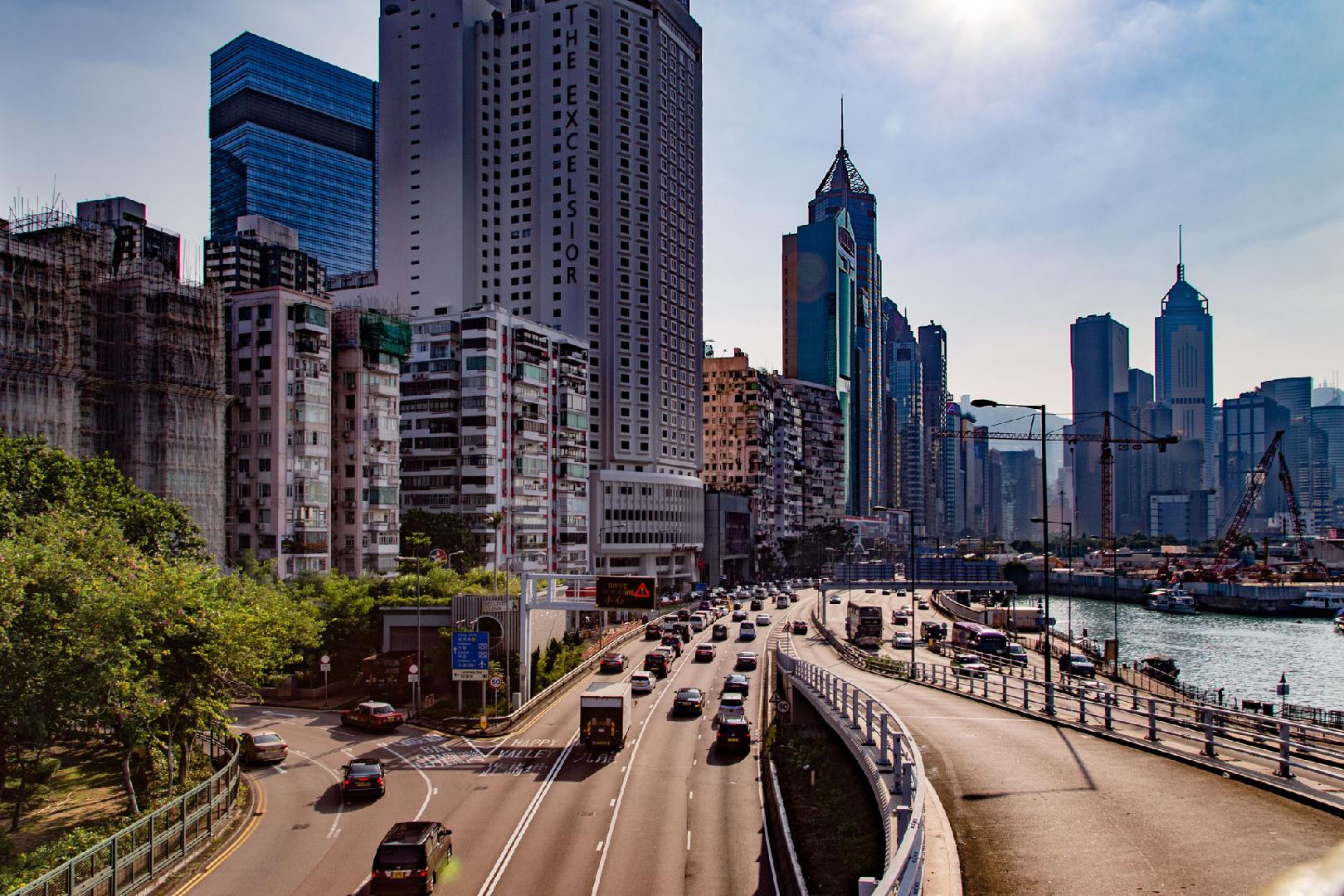
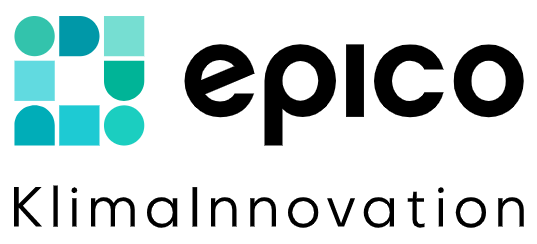

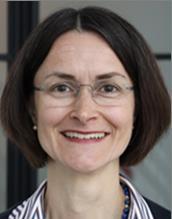

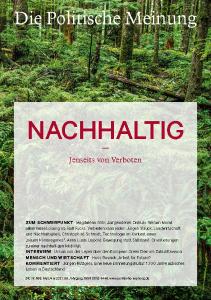
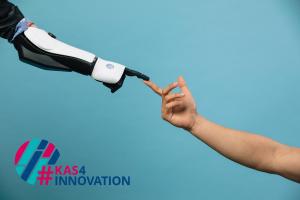
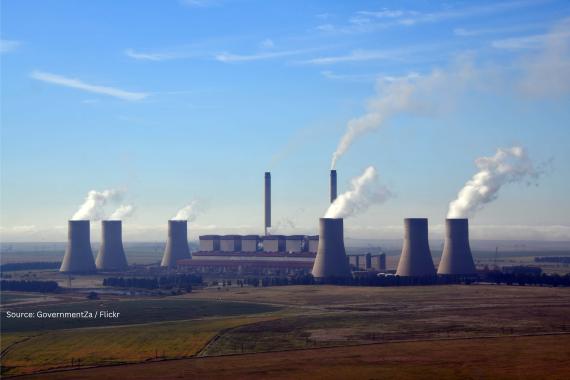
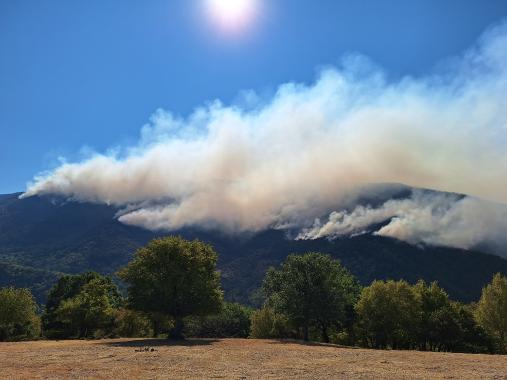


![IMG-20250207-WA0002[1]](/o/adaptive-media/image/34015940/teaser/IMG-20250207-WA0002%5B1%5D.jpg?t=1738924545332)
